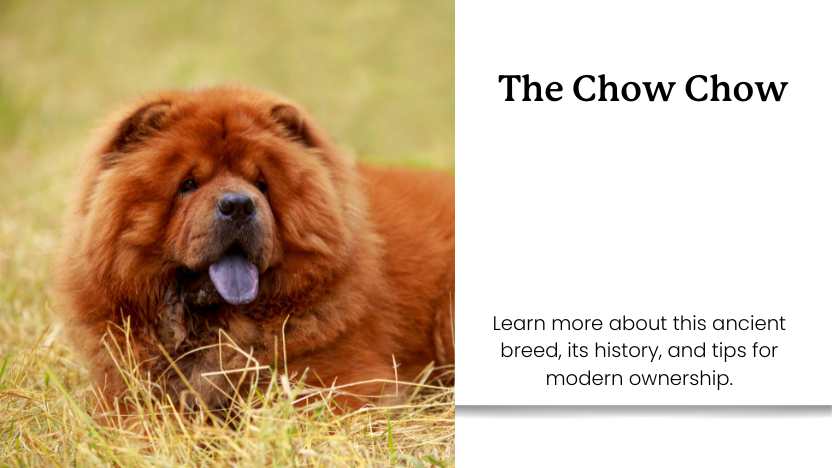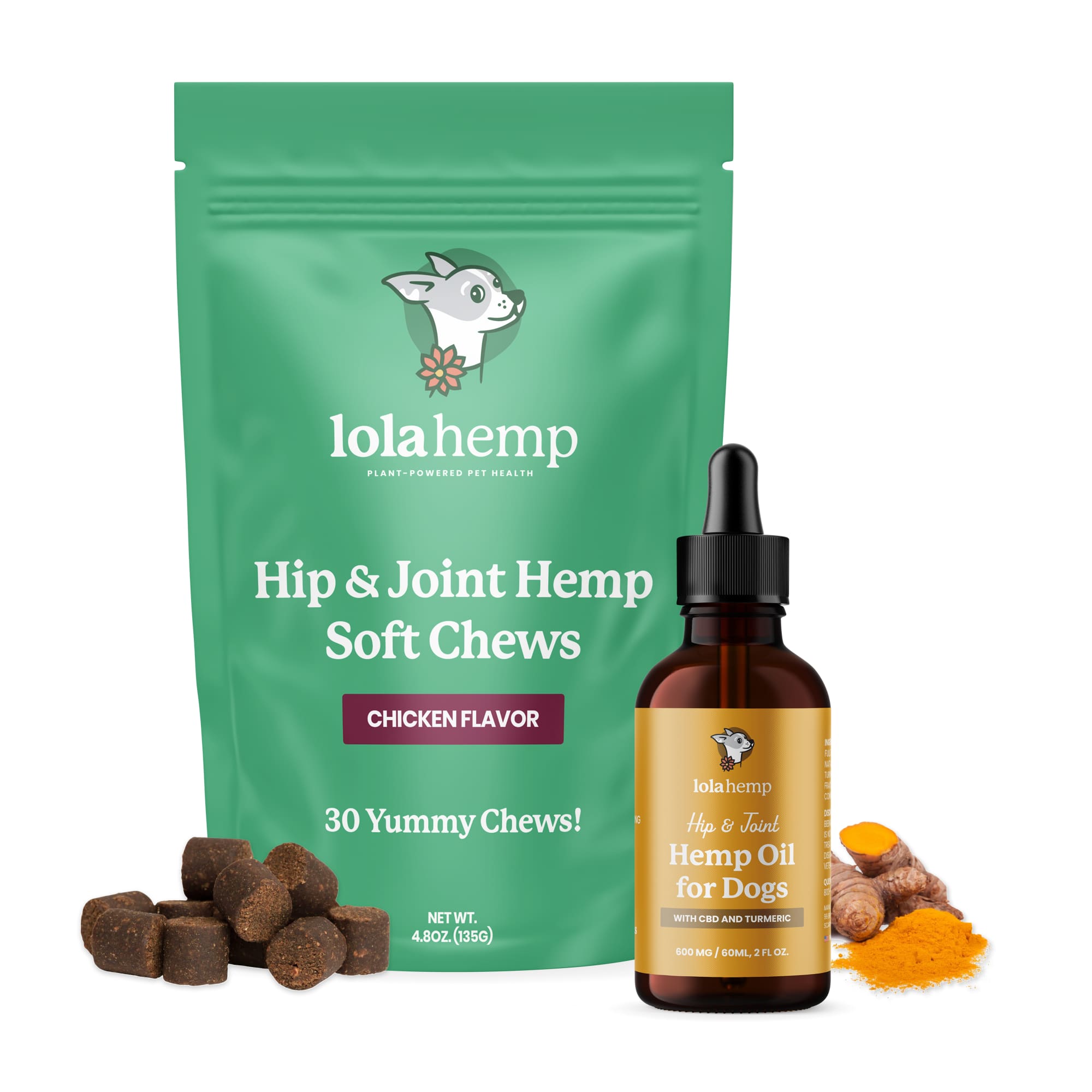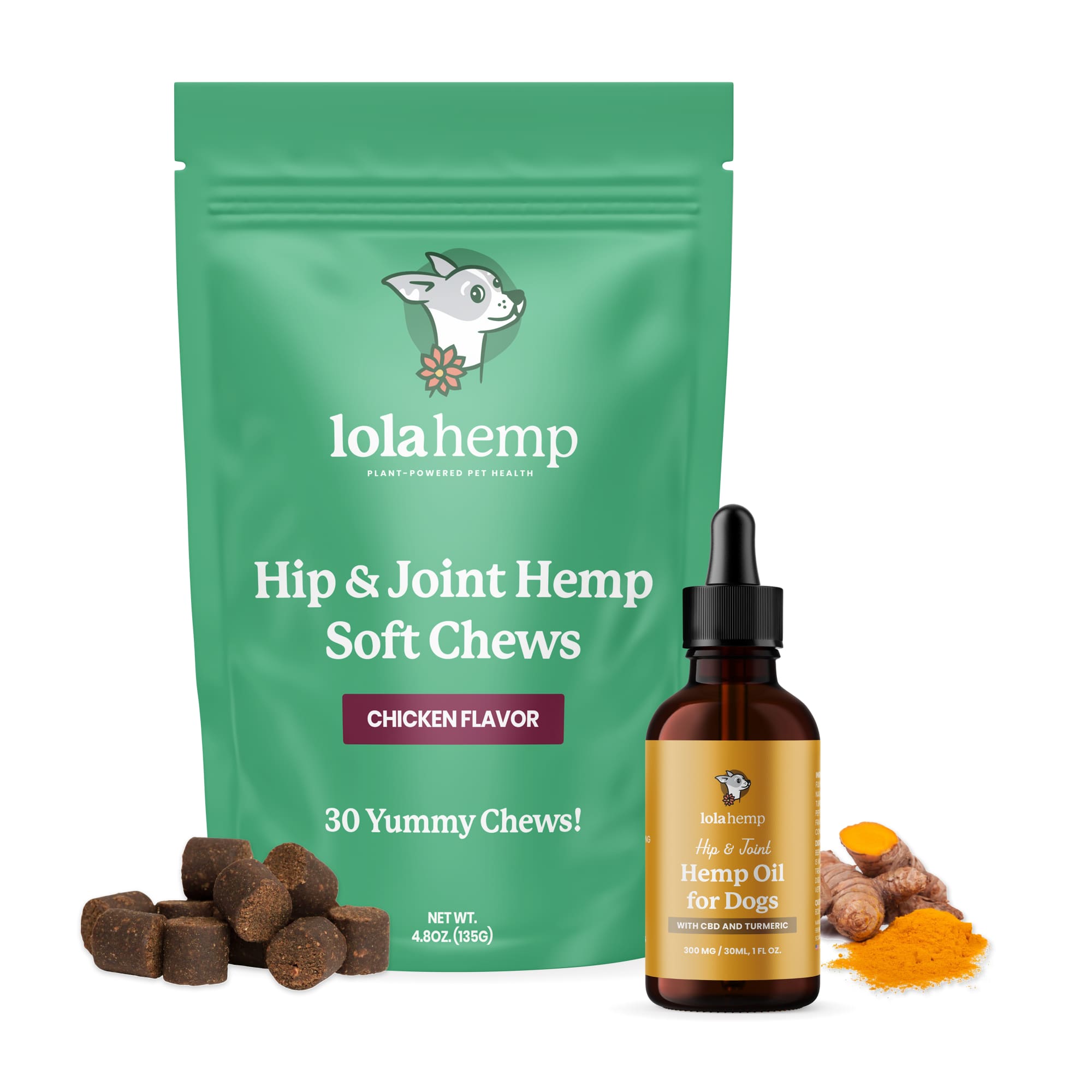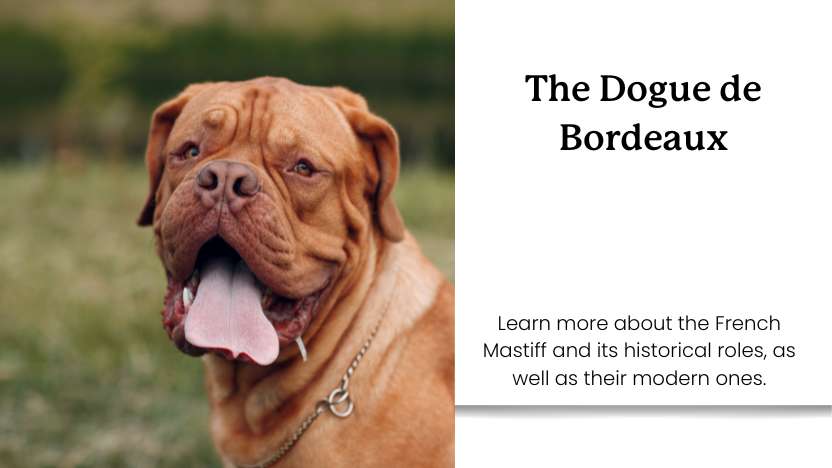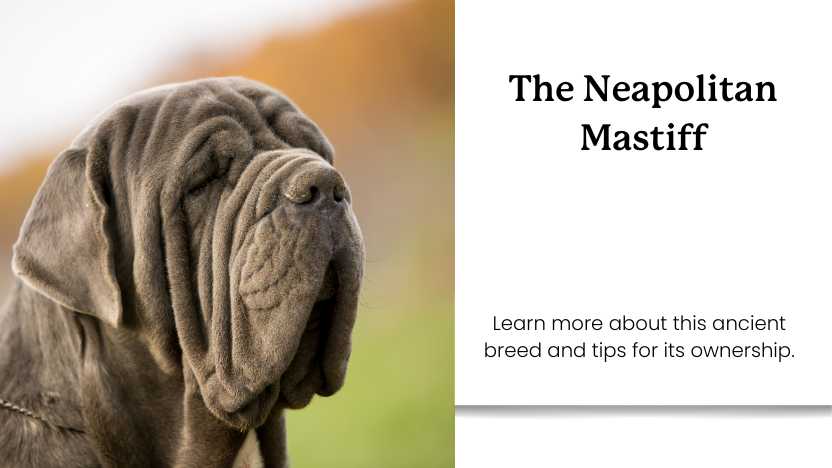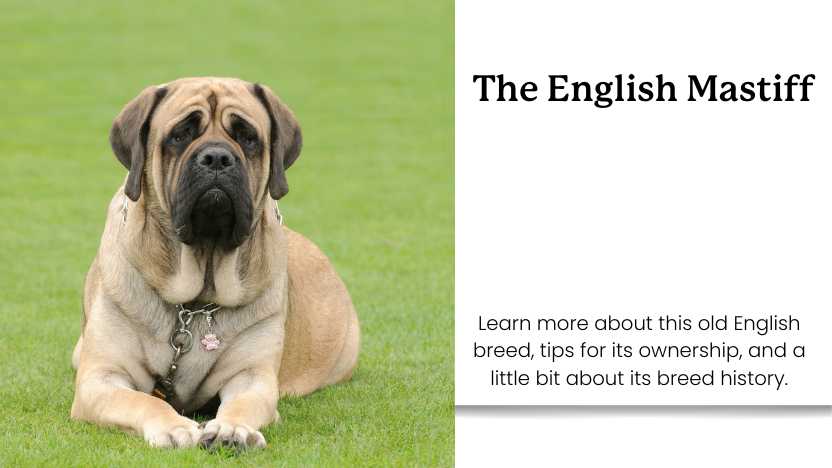The Chow Chow is a working dog with a lineage that stretches back over 2,000 years. Originally bred in northern China for hunting, guarding, and pulling carts, the Chow is one of the most ancient dog breeds still in existence.
With their lion-like mane, unique blue-black tongue, and serious expression, Chow Chows are among the most visually distinctive dogs. But their personality, health needs, and temperament require thoughtful consideration—especially their high risk of hip and joint problems. This guide explores the breed’s history, behavior, health risks, and ownership suitability.
Let’s take a closer look.
The History of Chow Chows
The Chow Chow is believed to be one of the oldest dog breeds in the world, with roots tracing back to ancient China and Mongolia. These dogs served many purposes: hunting, hauling goods, guarding homes, and even serving as palace dogs for Chinese nobility.

The name “Chow Chow” likely came from 18th-century English traders who used the term to describe various miscellaneous cargo—including these dogs. In China, they were known as “Songshi Quan,” which translates to “puffy-lion dog.”
Chows were eventually introduced to the Western world in the late 1800s and quickly became popular in Europe and America for their dignified appearance and cat-like independence.
Chow Chows in Modern Times
Today, Chow Chows are more commonly kept as companions, though their independent and sometimes aloof personality means they’re not the typical cuddly lapdog. They thrive in calm, structured environments and are best suited for experienced dog owners who understand their unique temperament.
While they’re not high-energy, their physical structure requires attention—especially in terms of joint care and regular movement to maintain healthy mobility.
Chow Chow Temperament & Personality
Chow Chows are famously dignified, independent, and sometimes aloof. They’re not naturally social with strangers, and some can be wary or territorial without proper socialization. That said, they are deeply loyal to their families and can form strong bonds with their primary people.
Often described as “cat-like,” Chows prefer to choose when and how they interact, and they dislike rough or unpredictable handling. They’re typically quiet, reserved, and serious in demeanor—but their affection runs deep when earned.
Because of their strong-willed nature, they need early training, socialization, and consistent leadership. They're not ideal for first-time owners, but they are deeply rewarding companions for those who respect their boundaries and temperament.
Common Health Issues in Chow Chows
One of the most significant health concerns in Chow Chows is hip dysplasia. Their unique build—stocky frame, straight rear legs, and dense body—puts added stress on their joints, especially in the hips.
Chow Chows are also predisposed to elbow dysplasia, arthritis, and other degenerative joint conditions. Their short gait and heavy coat may also make mobility issues harder to detect in the early stages.
To support joint health in Chow Chows:
- Start a joint-supportive supplement routine early in life
- Keep them at a lean weight—excess weight worsens joint wear
- Provide regular, moderate exercise to strengthen muscles and maintain range of motion
- Use support like CBD oil to ease stiffness
Other common health issues in Chows include:
- Entropion – where the eyelids roll inward, irritating the eye
- Thyroid dysfunction – which can affect metabolism and energy
- Hot spots and skin allergies, especially in humid climates

Is a Chow Chow Right for You?
If you admire the Chow’s independent spirit and can commit to structured training and preventive care, this breed can be an incredibly rewarding companion. They’re best suited to calm, consistent households without a lot of chaos or change.
They don’t need much space, but they do need early joint support, socialization, and an owner who understands that respect goes both ways. When raised well, Chow Chows are loyal, dignified, and deeply attached to those they trust.
